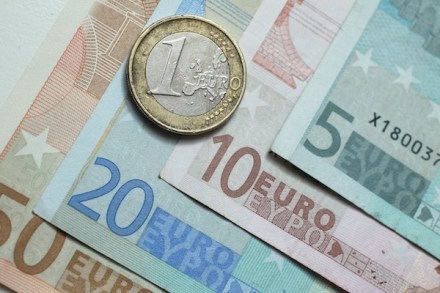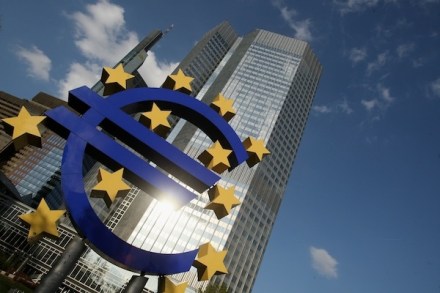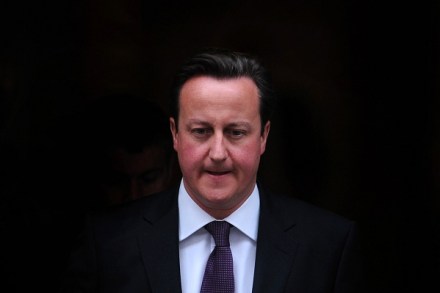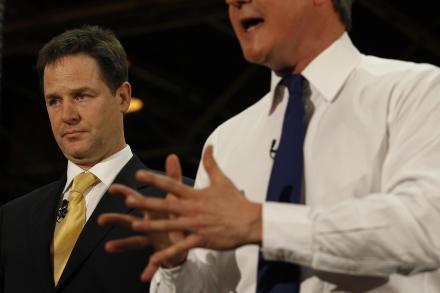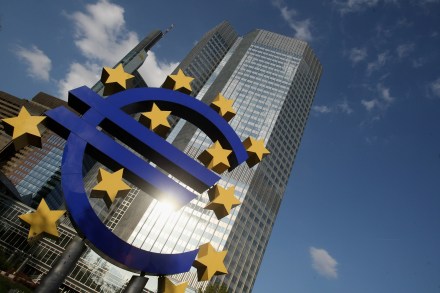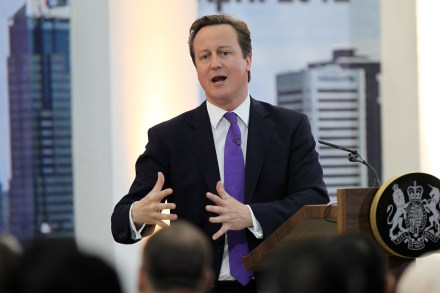Broken down fiat
All currency is faith. When the noble barman at the local pours a pint in exchange for your £5 note, he does so in the faith that the little blue note can be exchanged in turn for other goods and services. This is the basis of a ‘fiat’ currency system where the item exchanged has no intrinsic value, but is a pledge of what everyone trusts it is worth. If, however, people begin to lose faith in the thread of trust which links notes to value, the existence of that particular currency becomes troubled. The value of the currency system is called into question, its notes become worthless and eventually,
